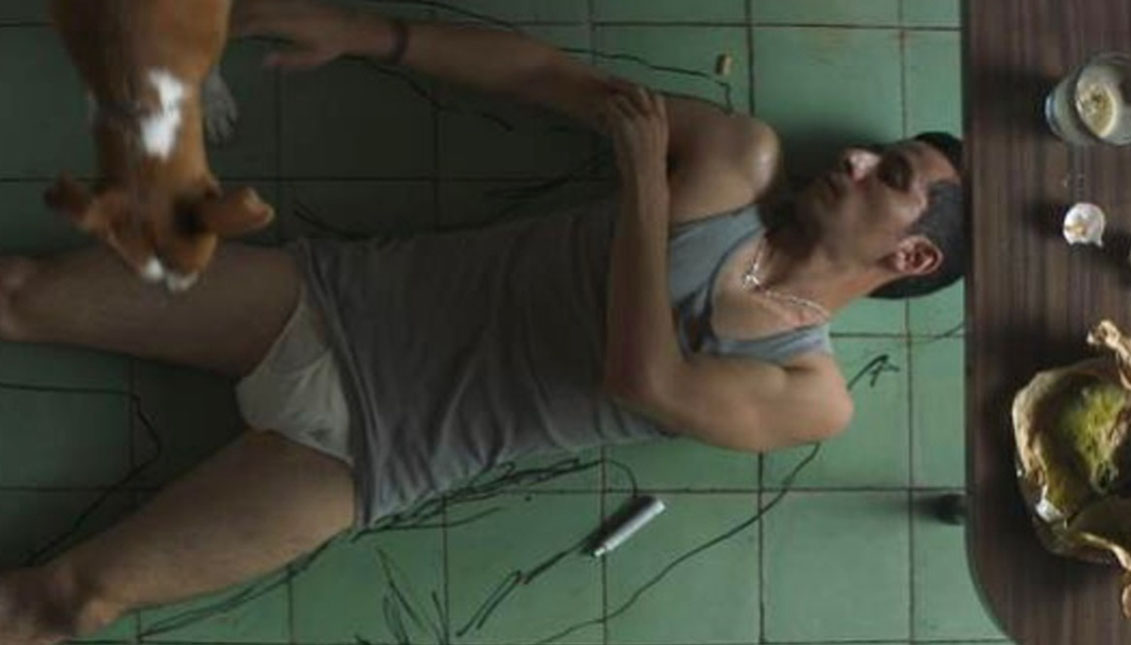
'A Cop Movie': What's hiding under the badge and uniform?
A fierce exercise in empathy with one of the most corrupt police forces in Latin America, this is the strange Mexican "artifact" that captivated the Berlinale…
It was a very atypical Berlinale this year. Not only was there only one Spanish film in the competition, but it was held virtually, without genre distinctions and most surprisingly, the Romanian movie, Bad Luck Banging or Loony Porn, won the the top prize. The Golden Bear winner portrays social prejudices through a homemade porn tape leaked on the Internet. It triumphed over the big favorite, Ryusuke Hamaguchi's Japanese film Guzen to sozo, which settled for the Grand Jury Prize — which is not bad.
Among all the films in competition, it was a curious Mexican pseudo-documentary — a kind of hybrid — shown on Netflix, that put the finishing touches on the ceremony.
A Cop Movie plays with the prejudices we all have towards the new institutionalized villain, police forces, to the point, assures its director, Alonso Ruizpalacios, that when viewers go to the cinema they say: "Ah, let's go see a cop movie," and find something very different.
The film accompanies Mexican policemen, Teresa and Montoya, making their rounds and shares all the doubts, contradictions and often dangerous situations they encounter on their way. Specifically, it delves into the ways they suffer and face the corruption so deeply rooted in the police force itself — one of the most rotten in Latin America.
A hybrid documentary? Yes. This is one of the most experimental aspects of A Cop Movie, as it combines elements of fiction — including actors playing characters — with real people blurring the boundaries, twisting them, and putting them at the service of the story for an audacious cinematography in search of new ways to narrate the dilemma that cinema cannot tell the past because everything is present on the screen.
"I began to listen to policemen in an arduous and very open-minded research process, without refusing anything, with the idea of telling their social impact. I did it because with the producers we thought of shooting a documentary about corruption and impunity in my country," Ruizpalacios told El País about how A Cop Movie came to be.
"After two years of research and interviews with many people and different points of view, I decided it was much more interesting to follow a couple of ordinary policemen," he added.
RELATED CONTENT
That's how he met the real Teresa and Montoya, whom Mónica del Carmen and Raúl Briones would later embody in the film and whose thoughts and stories from the past they share with the audience, who also experiences with them how their convictions clash with the reality of their profession and of the country itself.
It's an attempt to humanize those who have been demonized with nods to the Hollywood crime films of the 70s and aims, according to Ruizpalacios, "to create a rampant contradiction and portray the dysfunctional system in which we live."
A fierce exercise in empathy that is not new for the Mexican filmmaker, who has already done something similar with Güeros (2014) and Museo (2018), also winners at the Berlinale, taking the awards for "Best First Film" and the Silver Bear for "Best Screenplay," respectively.
In this edition, the jury awarded A Cop Movie as the best artistic contribution, highlighting Yibrán Asuad's editing, which places the Mexican film as one of the jewels of Mexican cinema, on a par with Roma and this year's Oscar nominee Ya no estoy aquí, also a Netflix original.
The platform will broadcast the film worldwide in the Fall as part of its original productions, and also takes the lead in supporting quality Latin American cinema.





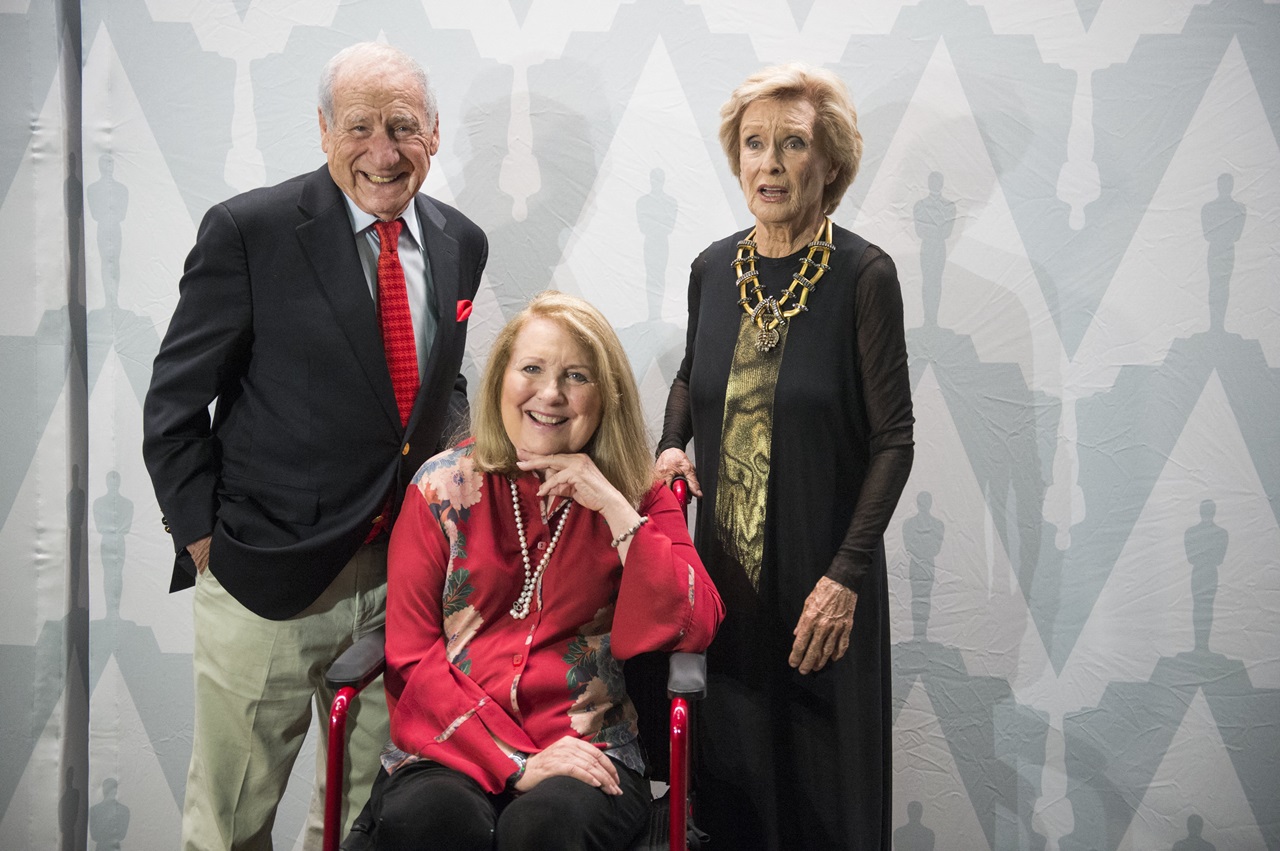
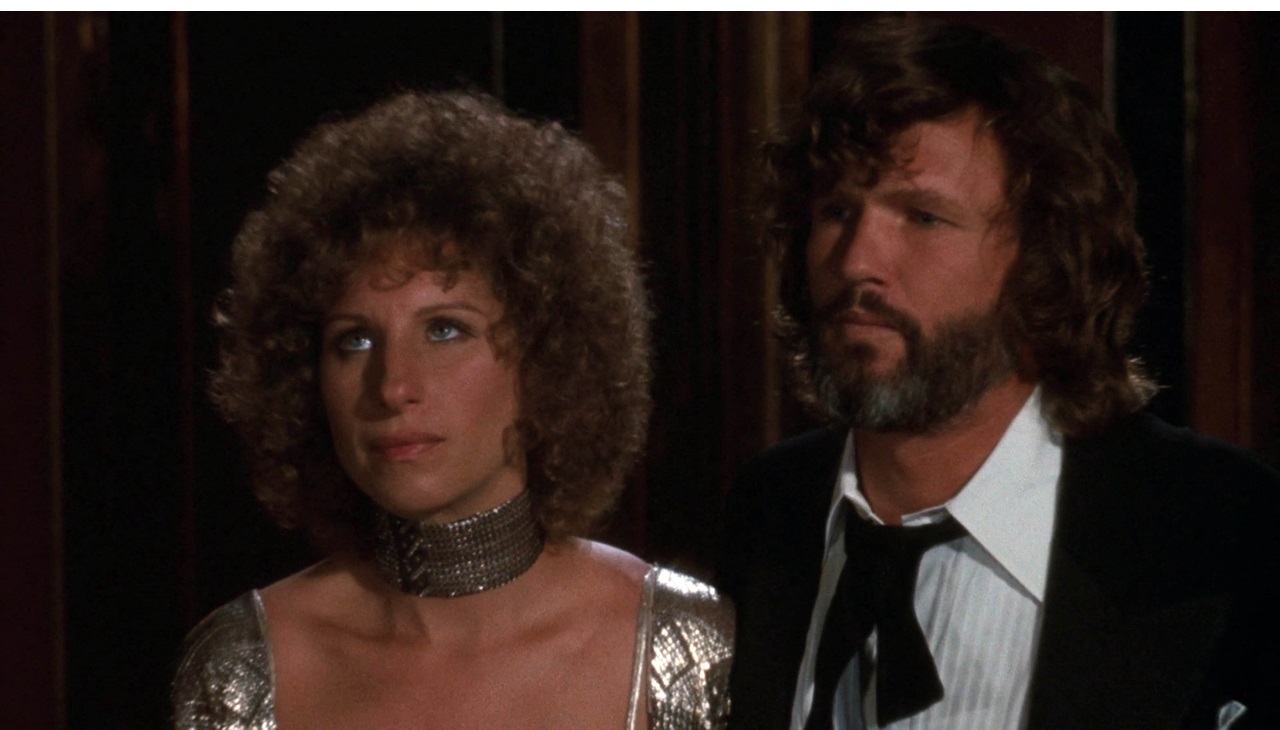
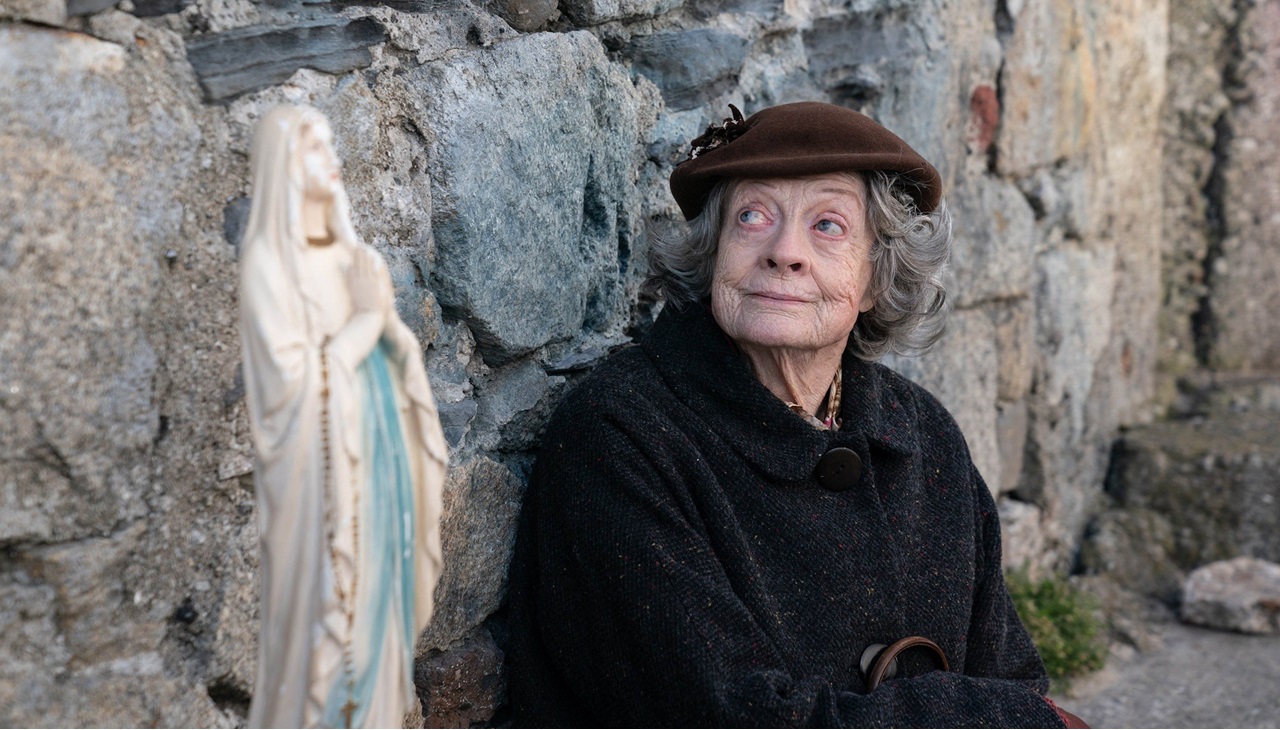
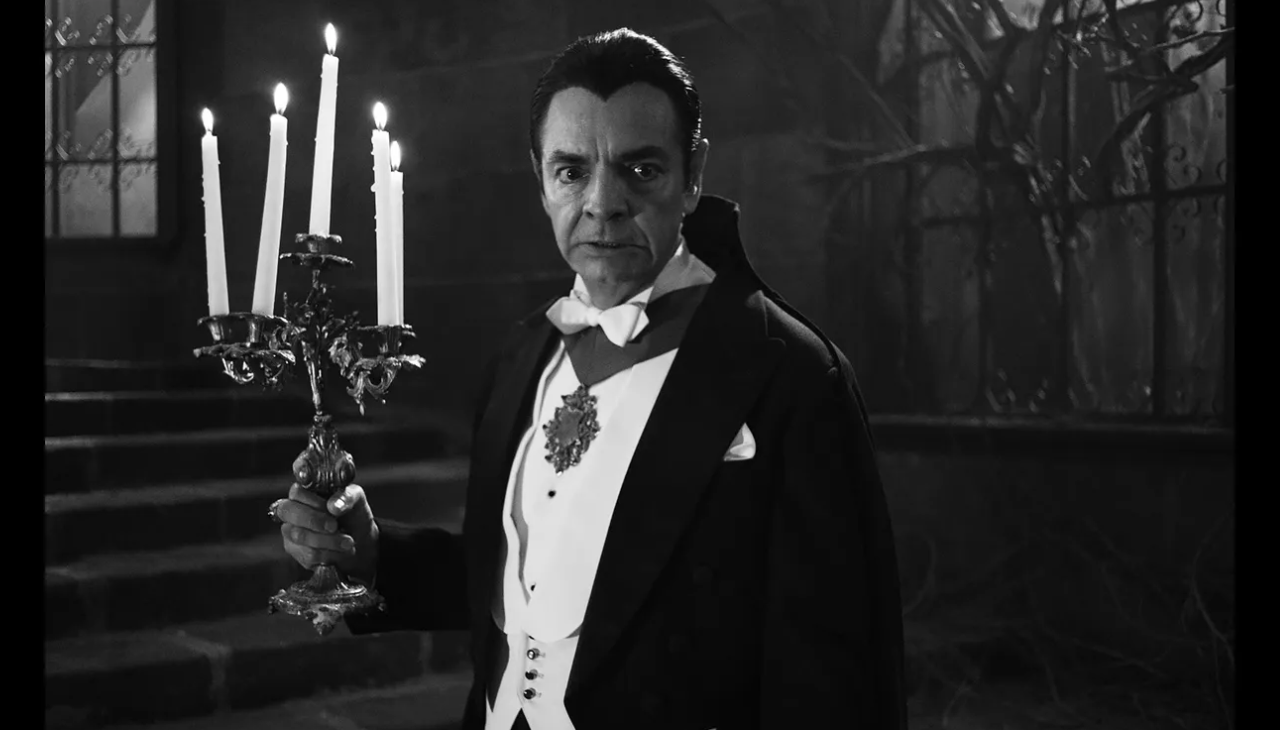


LEAVE A COMMENT:
Join the discussion! Leave a comment.